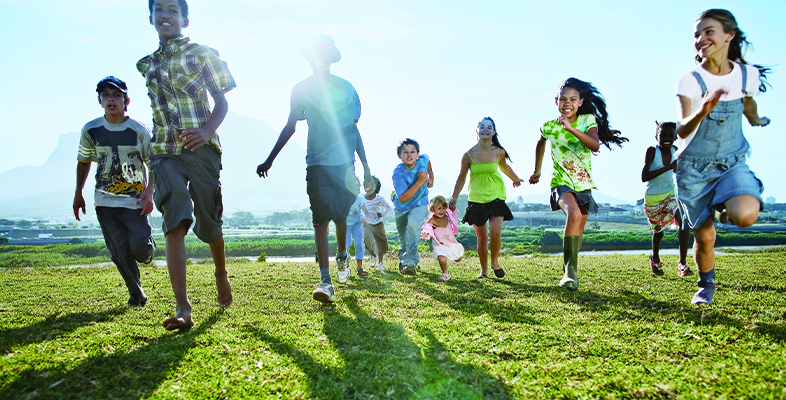3.2 Supporting children’s social and emotional development
The strategies teaching assistants use to support children with SEND can have a profound effect on the child’s social and emotional development. Therefore, it is important that teaching assistants have an understanding of the potential impact of their actions. Reflecting on your own practice and then discussing your thoughts and ideas with other colleagues is a good way to develop your awareness of what you do.
Activity 8
The link below will take you to a few questions that will help you reflect on the strategies you use when working directly with children with SEND in the classroom.
- Classroom strategies in practice [Tip: hold Ctrl and click a link to open it in a new tab. (Hide tip)]
You may also be able to ask a colleague to observe you for a short while and give you some feedback on your performance. This may alert you to things you do unconsciously.
Comment
Giving a child with SEND a voice and getting their opinions on issues can help with not making assumptions about what the child likes or doesn’t like, and what they want. Also helping the child to build friendships and peer relationships, and providing them with social opportunities will help them develop independence for the future and a positive self-image.
The following ‘top tips’ from disabled young people illustrate what they see as important:
- ‘Dip in and out’: give us support when we need it but move away when we don’t.
- Encourage our independence. Make sure we have time with our peers wherever possible.
- Work with children and young people in small groups, rather than one-to-one, where possible.
- Let us signal when we need or want support, rather than being with us all of the time.
